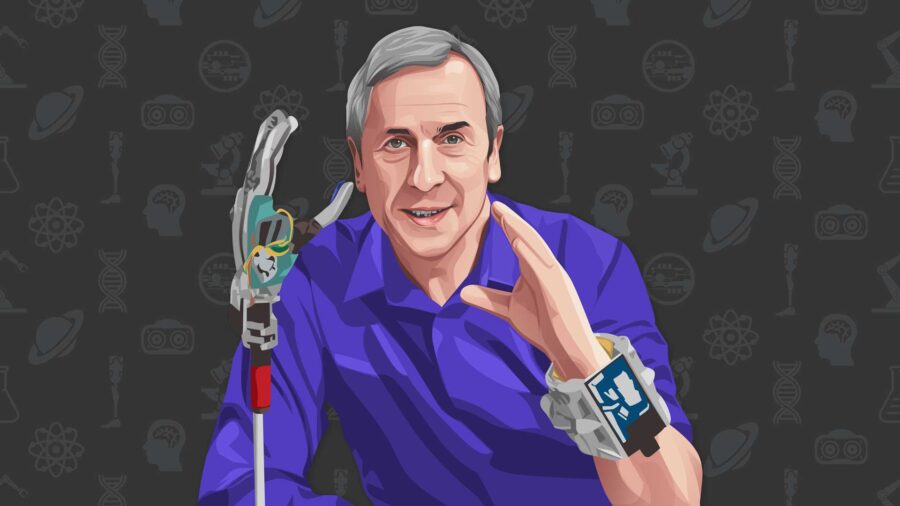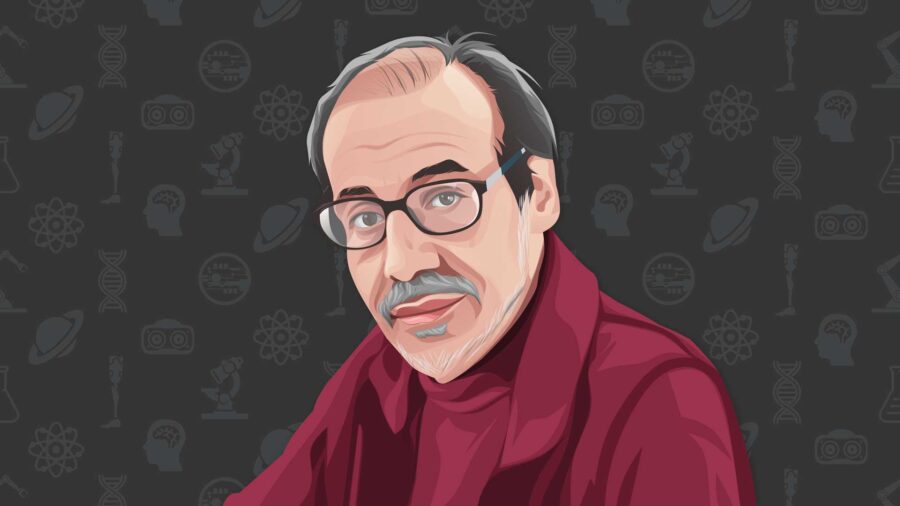Humanity 2.0 starts to challenge a lot of the assumptions of Humanity 1.0, especially in terms of issues having to do with limitations. So in other words, you might say there are two ways to go on Humanity 2.0. And in my writing, I associate these with the transhuman and the posthuman, respectively.
Archive

Humans, we’re pretty limited in what we can do, let’s face it, mentally particularly. We just have a bunch of brain cells. And the possibility of enhancing our brain, our mental capabilities, I think is enormous.
We know very little about complex financial systems and how systemic risk, as it’s called, is computed and how you would manage policies. And if you look back at the financial crisis, you can either say, as many economists do, “It all had to do with badly-designed rules,” which may be part of the story; it’s certainly part of the story. Or it may have to do with the interaction of those rules and human nature, like mortgage broker greed, optimism… And you see it not just in individuals who now have houses and foreclosure, but at the highest levels.
My main goal is not to die in the first place. I hope to keep living, hopefully long enough that science will have solved the aging problem and I won’t have to die. But since I don’t know how long that’s going to take, cryonics is the real backup policy for me.

